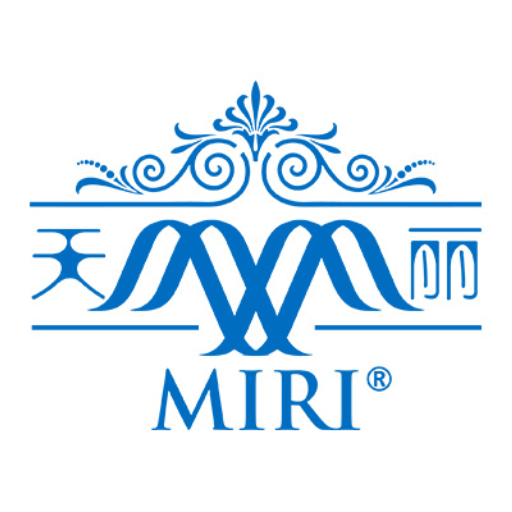Understanding Menopause: Symptoms, Natural Relief, and Thriving Through the Transition
Menopause is a natural phase in a woman’s life, marking the end of her reproductive years. While it’s a significant transition, it doesn’t have to be overwhelming. With the right knowledge and natural support, women can manage symptoms effectively and embrace this new chapter with confidence. In this guide, we’ll explore what menopause entails, common symptoms, and holistic approaches to wellness during this phase.
What is Menopause?
Menopause occurs when a woman hasn’t had a menstrual period for 12 consecutive months, typically between the ages of 45 and 55. It happens due to declining levels of estrogen and progesterone, the hormones responsible for regulating reproduction. This hormonal shift can lead to various physical and emotional changes, but every woman’s experience is unique.
For more details on the different stages of menopause, check out our comprehensive guide on Understanding Menopause and Natural Support.
Common Menopause Symptoms
The symptoms of menopause can vary in intensity and duration. Some women experience mild changes, while others may find them more challenging. Common symptoms include:
1. Hot Flashes and Night Sweats
Sudden feelings of intense heat, often accompanied by sweating and flushing, are among the most reported symptoms. These can occur during the day or night, sometimes disrupting sleep.
2. Mood Changes and Sleep Disturbances
Hormonal fluctuations can lead to mood swings, irritability, anxiety, and even depression in some cases. Many women also experience insomnia or restless sleep.
3. Vaginal Dryness and Discomfort
Decreased estrogen levels can cause vaginal tissues to thin and dry, leading to discomfort during intercourse and increased risk of urinary infections.
4. Weight Gain and Metabolic Changes
Many women notice changes in their metabolism during menopause, often leading to weight gain, particularly around the abdomen. Our article on Menopause and Weight Management offers practical tips for maintaining a healthy weight during this time.
5. Bone Density Loss
Estrogen plays a crucial role in maintaining bone strength. After menopause, women are at higher risk of osteoporosis and fractures.
Natural Approaches to Menopause Relief
While some women choose hormone replacement therapy, many prefer natural approaches to manage their symptoms. Here are some effective strategies:
1. Phytoestrogen-Rich Diet
Foods containing natural plant estrogens like soy, flaxseeds, and chickpeas can help balance hormones. Our Miri Feminine Essence supplement contains Pueraria Mirifica, a powerful phytoestrogen herb that supports hormonal balance and relieves menopausal symptoms.
2. Regular Exercise
Physical activity helps manage weight, improves mood, and maintains bone density. Aim for a mix of cardio, strength training, and flexibility exercises.
3. Stress Management
Practices like yoga, meditation, and deep breathing can help manage stress and improve sleep quality during menopause transition.
4. Skin and Hair Care
Menopause can affect skin elasticity and hair health. Our Miri Collagen Protein supports skin hydration and joint health, addressing common menopause-related concerns.
Embracing the Change: A Positive Perspective
While menopause brings changes, it can also be a time of personal growth and freedom. Many women report feeling more confident and empowered post-menopause. Our blog Menopause: Embracing the Change with Confidence explores how to view this transition positively.
Remember, every woman’s menopause journey is unique. By understanding your body’s changes and exploring natural support options, you can navigate this transition with greater ease and confidence. For more personalized advice, consider consulting with a healthcare provider familiar with holistic approaches to menopause management.
